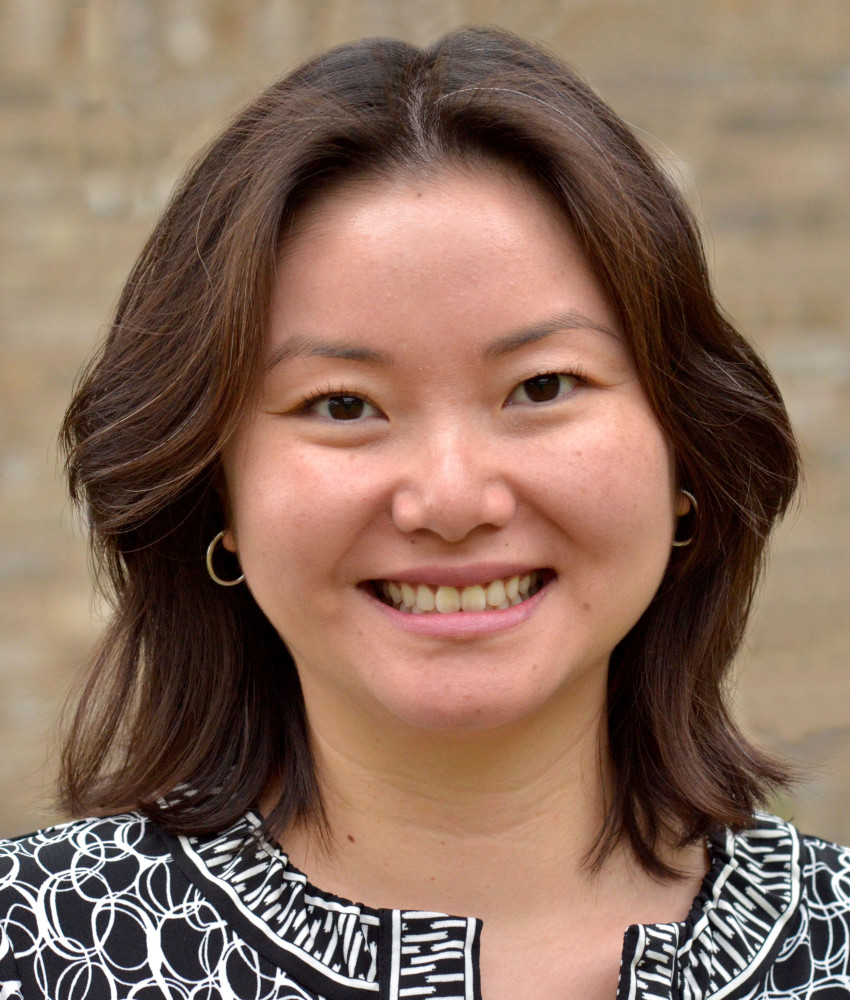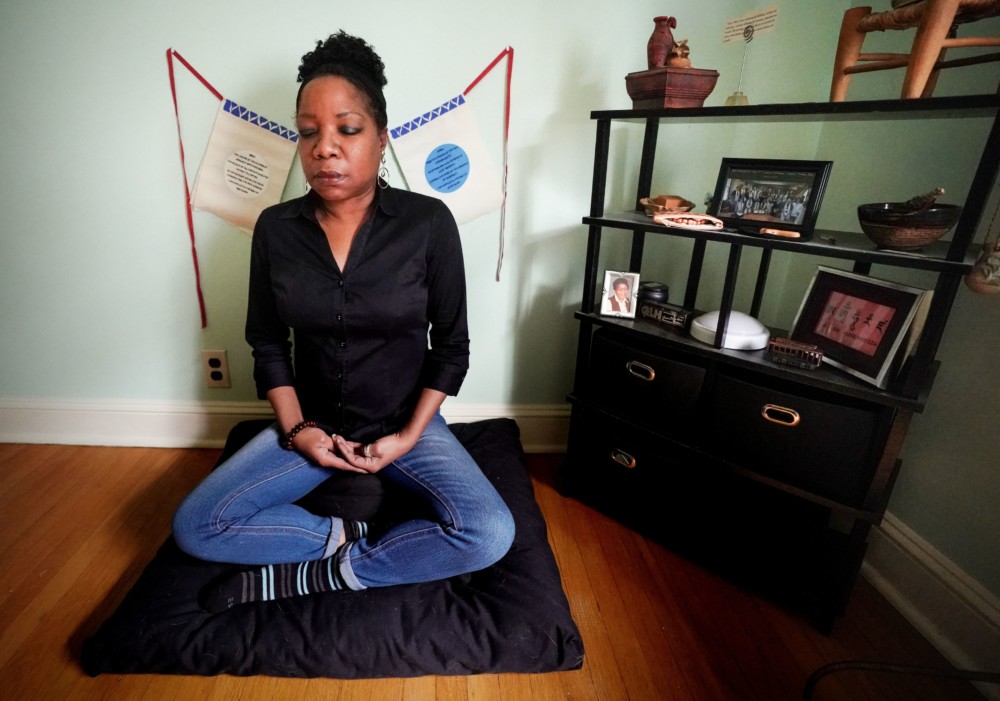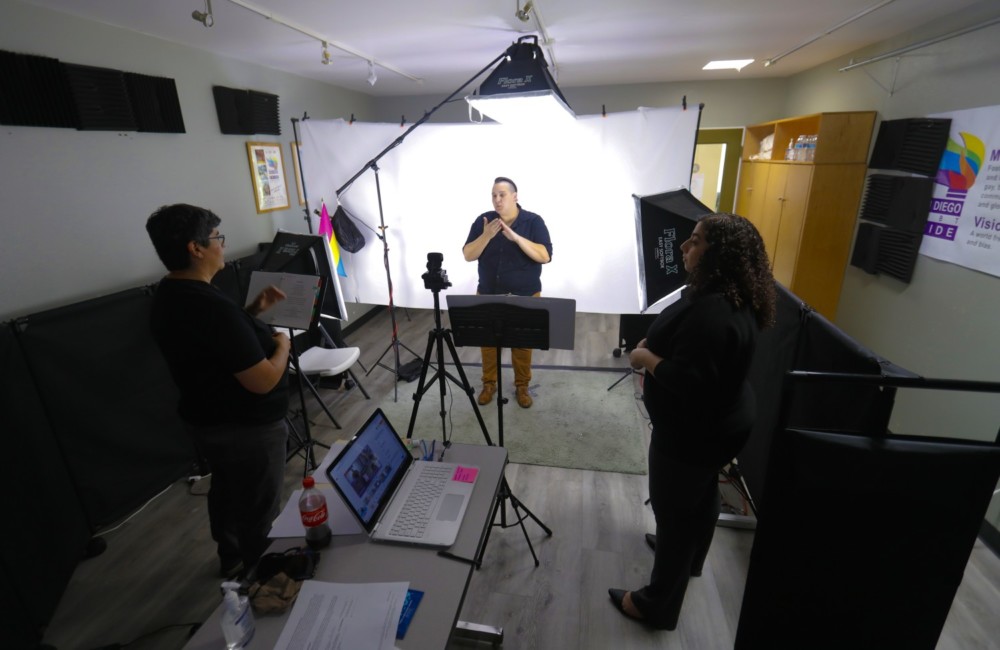By Jennie Wong
The Charlotte Observer.
This week’s Ask the Mompreneur features an interview with Liz Guthridge, a career consultant with expertise in applied neuroscience, behavior design and mindful communications.
Q: Have you noticed that whenever you ask someone how they are these days, they usually answer, “Busy,” or “OMG, so busy,” or even “Crazy busy!” It’s a pet peeve of mine, and yet I’m guilty of it myself. How can I change this, at least in myself, and maybe even help others find a new answer?
A: The easiest and most dependable way is to build a new habit that will replace the old one. Brain research, studies and people’s experience show that trying to break bad habits takes more time, willpower and energy than building a new alternate habit.
Of course, the bad habit you’re talking about isn’t all that wicked in terms of first world problems. But does it send the right message to others and, more importantly, to yourself? When you say you’re “busy,” are you really short on time, or are you binging on activities that are full of empty calories? To what extent are your activities aligned with your priorities, supporting your goals and nourishing your soul?
Being busy, though, is not just a time-management challenge; it’s a “me management” test.
When you’re busy, you’re committed to “active laziness” says the Buddhist monk Sogyal Rinpoche. We “fill our lives with unessential tasks so we feel full of responsibilities or, more appropriately, ‘irresponsibilities.'”
Q: So how do you avoid this trap and take more responsibility for who you are and what you’re doing?
A: Change your mindset to become more intentional about your thoughts and actions, which will help you break the cycle of “busy” for the sake of being busy. In reality, we often succumb to peer pressure and want to be as busy, or busier, than our friends and co-workers.
To start changing your mindset, you can create a new small daily habit. Think of it as checking in with your mind. The habit has two steps: First, the new behavior, and second, the timing of when you do this behavior.
To start the new behavior, ask yourself this great question from Kim Nicol, “How am I being?” Nicol, a meditation teacher and co-founder of The Awareness Academy X, emphasizes that the practice of being a human is hard. And it is a practice that we need to work on daily in order to get better. This includes how we care for ourselves as well as treat others.
When you ask yourself “How am I being?” you want the answer to be anything but “busy.” Come up with alternative answers that are meaningful to you, such as “kind,” “calm,” “thoughtful,” “curious,” “involved,” “creative,” “empathetic” or “courageous.” When you are more mindful about how you want to be and act, you start adopting this state of mind and the behaviors that go along with them.
To make this new behavior easy to do and make sure it sticks, you need to anchor it to a rock-solid daily routine you already have. This is one of the key elements of Dr. BJ Fogg’s online Tiny Habits program. For example, your anchor for this new habit could be, “After my feet touch the floor in the morning, I ask myself ‘How am I being?'” Or, after I drink my first sip of coffee in the morning, “I ask myself ‘How do I want to be today?'”
It’s important to experiment and figure out what question and what anchor works best for you. And once you find a combination that works, remember to acknowledge yourself. So after you ask and answer “How am I being?” celebrate!
Then when someone asks you “How are you doing?” you’re more inclined to pause and reflect and give a more thoughtful answer than “busy.” Even better, when you change your mindset and realize that being busy is more like an ailment than a badge of honor, you’ll find something better to be, like motivated, focused, or inspired.
___
ABOUT THE WRITER
Jennie Wong is an executive coach, author of the e-book “Ask the Mompreneur” and the creator of the product quiz website www.ABorC.com

















































































































































































































































































































































































